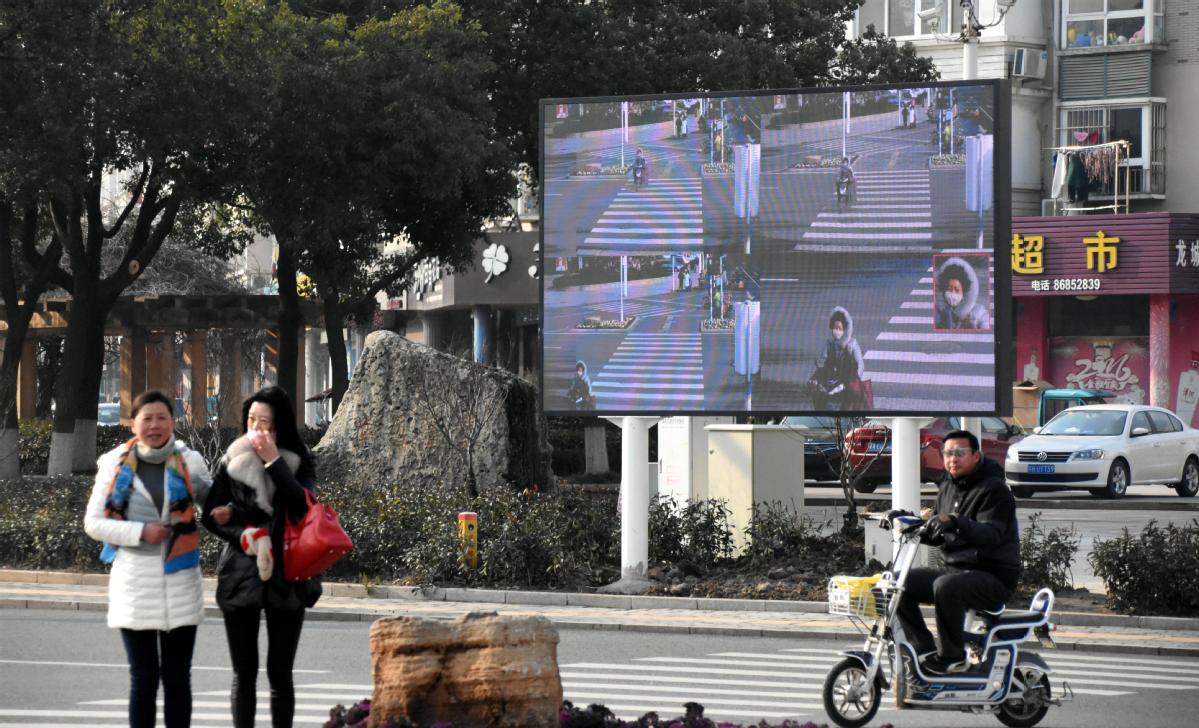Facial recognition triggers nationwide debate


Efficiency or privacy?
Guo Bing, an associate professor of law at Zhejiang Sci-Tech University, has the same concerns as Feng about the collection and use of personal information.
On Oct 28, Guo took the Hangzhou Safari Park to Fuyang District People's Court in Hangzhou, capital of Zhejiang province, over the collection and use of visitors' facial recognition details. Three days later, the court filed the case. The litigation is believed to be the first involving such technology and comes as its use increases nationwide.
In April, Guo agreed to use fingerprint recognition to pay an annual fee of more than 1,000 yuan ($142) for an admission card to the park. But last month, the park told him its entry system was to be upgraded and card users had to supply facial information.
Yuan Xiaoqin, the park's brand manager, was quoted by China Central Television as saying: "Facial recognition can help a visitor enter the park in two or three seconds. Fingerprint information sometimes isn't sensitive, especially in cases of injury or when the fingers are too dry to enable recognition."
However, Guo disagreed and asked the park to return his payment. "Consumers will face big risks if their facial information is leaked, used illegally or abused," he said. "In collecting visitors' facial information, the park has seriously harmed their rights, and it didn't inform me about the upgrade when I registered the card.
"As a commercial business, the park will fall under suspicion of illegally collecting visitors' personal data if it applies facial recognition technology without their permission," he added.
























